Introduction
Freshworks, a Nasdaq-listed software-as-a-service (SaaS) company, has announced a significant workforce reduction, laying off 13% of its global team. The decision, part of a larger restructuring plan aimed at aligning resources with strategic goals, comes with notable financial implications and aims to improve operational efficiencies as the company navigates a challenging business landscape.
This article explores Freshworks’ restructuring move, the associated costs, the company’s evolving strategy, and the industry response, including commentary from Zoho founder Sridhar Vembu on the importance of employee well-being in corporate priorities.
Freshworks Announces Layoffs Amid Global Restructuring Efforts
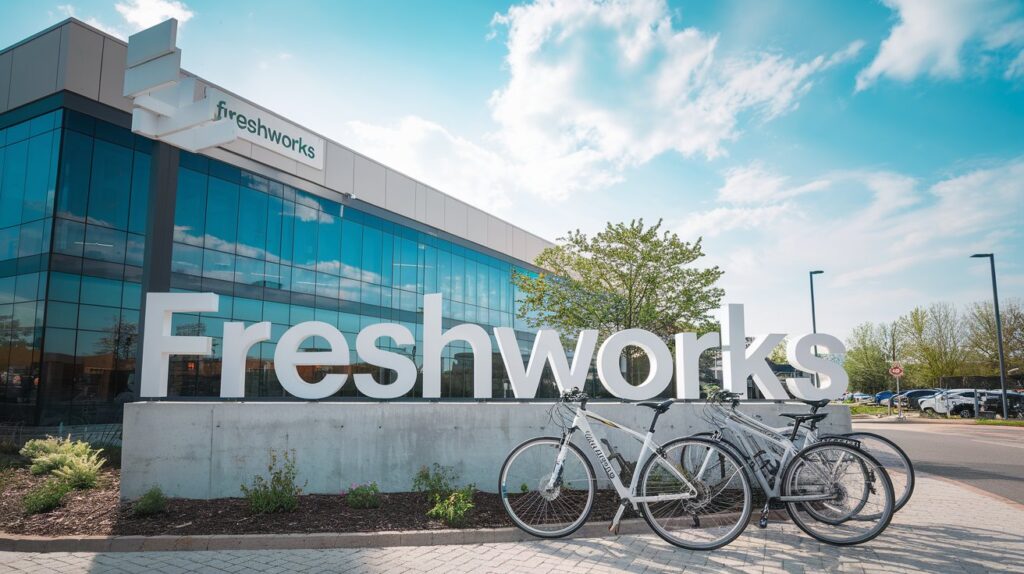
Freshworks’ CEO Dennis Woodside informed employees about the layoffs in a letter, explaining that approximately 660 jobs will be cut worldwide, impacting its teams in the U.S., India, and other regions. The company employs more than 5,000 people across its global offices, making this reduction a substantial shift in its workforce composition.
The decision aligns with Freshworks’ mission to streamline operations and focus on high-impact areas such as employee experience (EX), artificial intelligence (AI), and customer experience (CX). These areas are expected to be the focal points of Freshworks’ long-term growth, and the restructuring aims to position the company for sustained success in these domains.
Cost Implications and Timeline of the Restructuring
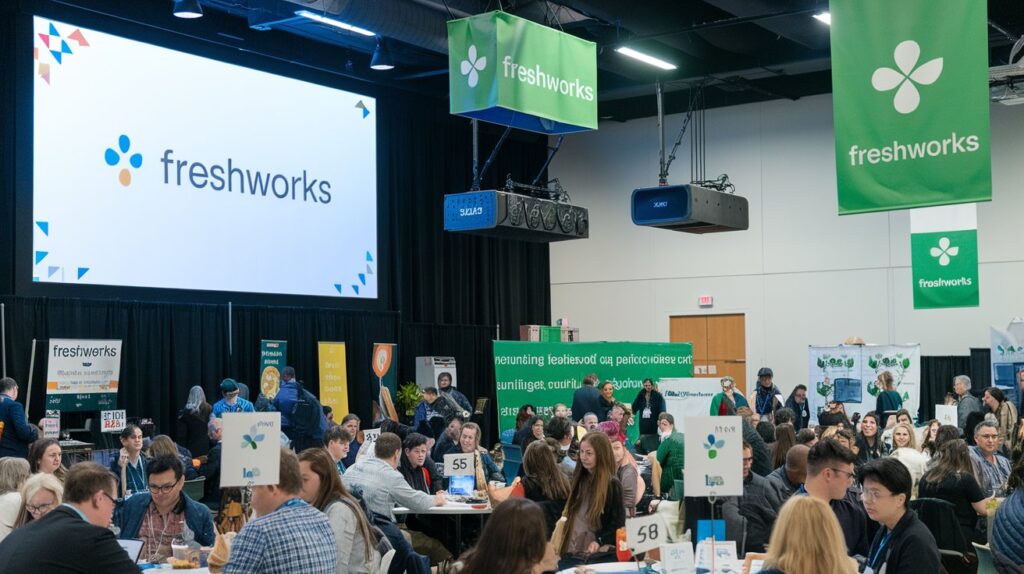
The company anticipates restructuring costs of between $11 million and $13 million in the fourth quarter of 2024. These expenses are primarily attributed to separation-related payments and employee benefits for those impacted by the layoffs. Freshworks expects to complete this restructuring by the end of the financial year, on December 31, 2024.
This is not the first time Freshworks has downsized its workforce. The company implemented layoffs earlier in 2023, in March and June, and let go of 90 employees in December 2022. These ongoing adjustments reflect Freshworks’ strategy to remain agile and responsive to market demands.
Freshworks’ Strategic Priorities: Focusing on AI, EX, and CX
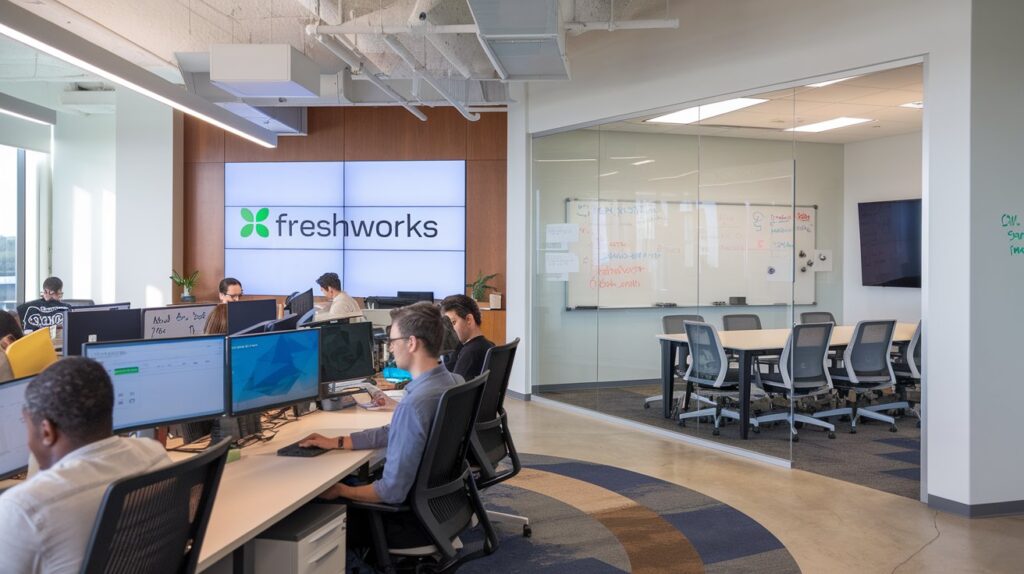
CEO Dennis Woodside, who took the helm in May 2024, has placed significant emphasis on aligning Freshworks’ talent with its strategic priorities. The restructuring aims to strengthen Freshworks’ core areas:
- Employee Experience (EX): Freshworks is redirecting resources to enhance its EX offerings, responding to the growing demand for software solutions that improve workplace engagement and satisfaction.
- Artificial Intelligence (AI): With AI rapidly transforming the software landscape, Freshworks is committed to integrating AI-driven solutions to boost efficiency and personalization across its product offerings.
- Customer Experience (CX): Freshworks remains dedicated to enhancing the customer experience, which has become a key differentiator in the SaaS industry.
The restructuring comes as part of a larger strategic review that has been ongoing since Woodside’s appointment, indicating a thorough evaluation of how best to position the company for future growth.
$400 Million Share Buyback: Balancing Shareholder Value

Alongside workforce reductions, Freshworks has announced a $400 million share buyback program approved by its board of directors. The company has not disclosed specific details on the timeline for the buyback, but this move reflects Freshworks’ efforts to balance employee and shareholder interests amid restructuring. CFO Tyler Sloat has emphasized the company’s focus on driving non-GAAP operating income and generating free cash flow.
Financial Performance and Efficiency Gains

Freshworks has recently achieved notable efficiency improvements, narrowing its net loss to $30 million in Q3 2024, a modest improvement from $31 million in the same quarter last year. This reduction in losses underscores Freshworks’ ongoing commitment to operational efficiency and fiscal responsibility, key aspects of its new strategic approach.
Freshworks’ financial management strategy includes reallocating technical resources to support its EX business, as well as other high-priority areas. According to CFO Sloat, these decisions are part of Freshworks’ commitment to achieving sustainable growth and optimizing its resources for the future.
Industry Response: Zoho’s Sridhar Vembu Critiques Layoffs and Share Buybacks

Freshworks’ recent layoff announcement has drawn commentary from industry leaders, notably Sridhar Vembu, founder of Zoho. In a post on X, Vembu raised concerns about companies that prioritize shareholders over employees, especially those with substantial cash reserves. He suggested that companies should invest in their workforce as the primary asset, advocating for what he called “real” capitalism.
Vembu also compared Freshworks’ approach with that of companies like Nvidia and AMD, which he believes prioritize employee well-being and talent retention. In his view, true capitalist principles involve long-term investments in employees and building sustainable companies. He warned against adopting “financialism” focused solely on shareholder returns, which he argues is prevalent in the U.S. but detrimental to company culture and long-term success.
Freshworks vs. Zoho: A History of Competition and Dispute
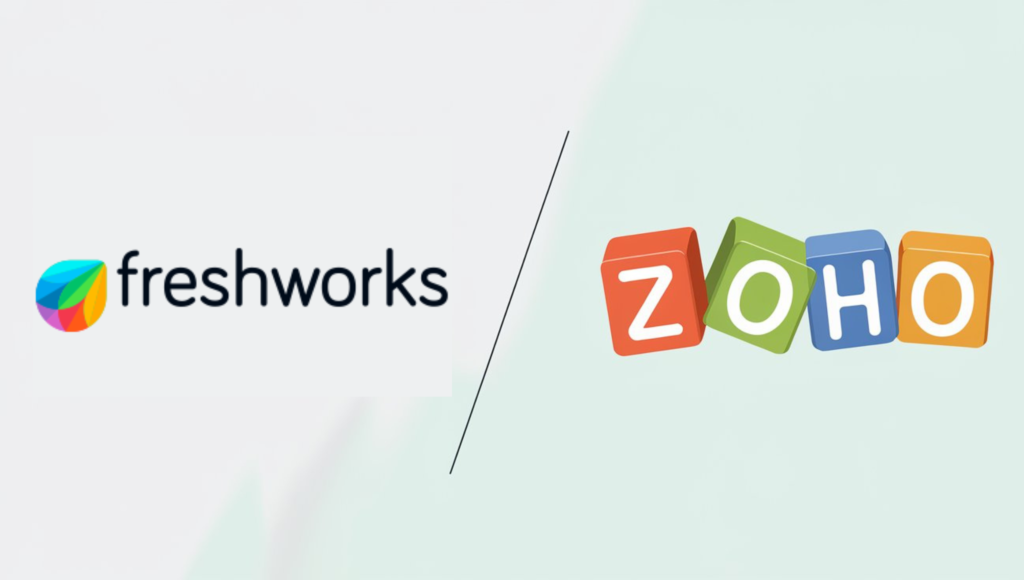
The competitive rivalry between Freshworks and Zoho goes beyond strategic differences. Freshworks’ founder, Girish Mathrubootham, previously worked at Zoho before establishing Freshworks in 2010. Tensions between the two companies escalated in 2020 when Zoho filed a lawsuit against Freshworks, accusing it of stealing confidential information related to sales leads. The case was eventually settled in 2021, with Freshworks acknowledging that a former employee had improperly accessed Zoho’s confidential data.
This history of rivalry adds context to Vembu’s recent critiques, as Zoho and Freshworks continue to compete for dominance in the SaaS space.
What Lies Ahead for Freshworks?

The strategic restructuring at Freshworks reflects the company’s efforts to adapt to evolving market demands and establish a more sustainable business model. By focusing on EX, AI, and CX, Freshworks aims to position itself as a leader in the SaaS industry, with a streamlined workforce and optimized resources.
However, Freshworks faces challenges in navigating the competitive SaaS landscape, particularly as industry leaders advocate for greater emphasis on employee well-being. The recent layoffs and share buyback initiatives highlight the company’s complex balancing act between shareholder expectations and long-term sustainability.
Key Takeaways
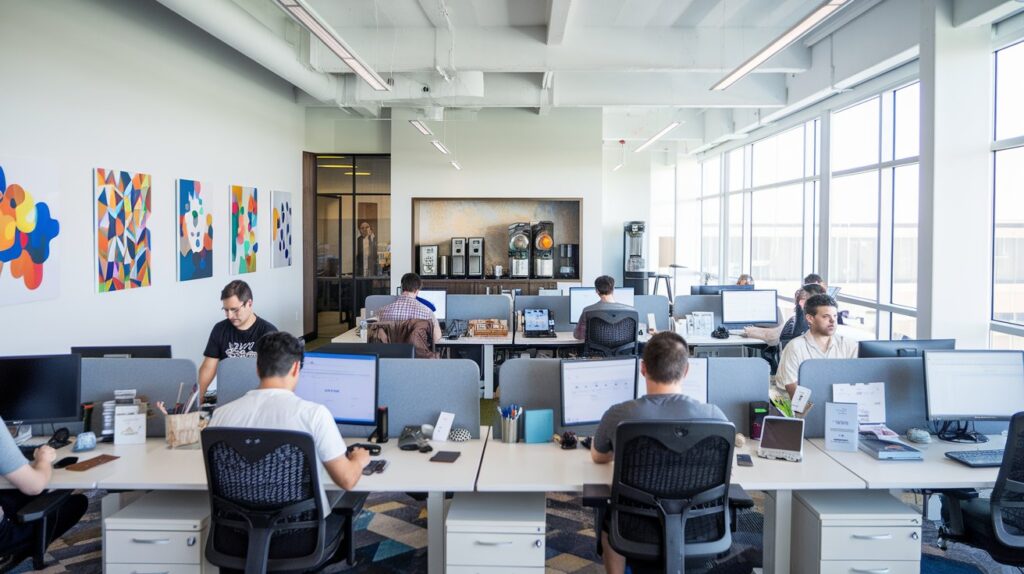
Freshworks’ latest round of layoffs and strategic restructuring marks a significant moment for the company as it realigns its resources with core business priorities. Here are the key takeaways:
- Workforce Reduction: Freshworks is reducing its global workforce by 13%, affecting 660 employees across multiple regions.
- Strategic Focus: The restructuring focuses on enhancing employee experience (EX), AI capabilities, and customer experience (CX).
- Financial Realignment: Freshworks anticipates restructuring costs of $11 million to $13 million in Q4 2024 and has announced a $400 million share buyback program.
- Industry Commentary: Zoho’s Sridhar Vembu has criticized Freshworks’ approach, advocating for a capitalism that prioritizes employees over shareholders.
- Looking Ahead: Freshworks aims to achieve long-term growth through operational efficiency and a focus on high-priority areas, but it faces competitive pressures and ongoing industry scrutiny.
Conclusion

Freshworks’ restructuring underscores a pivotal shift as it aligns resources to support future growth and efficiency. With substantial layoffs, a significant share buyback, and a renewed focus on strategic priorities, Freshworks is navigating a challenging period with both opportunities and risks. As the company moves forward, balancing employee well-being and shareholder expectations will be critical to its success in an increasingly competitive SaaS market.











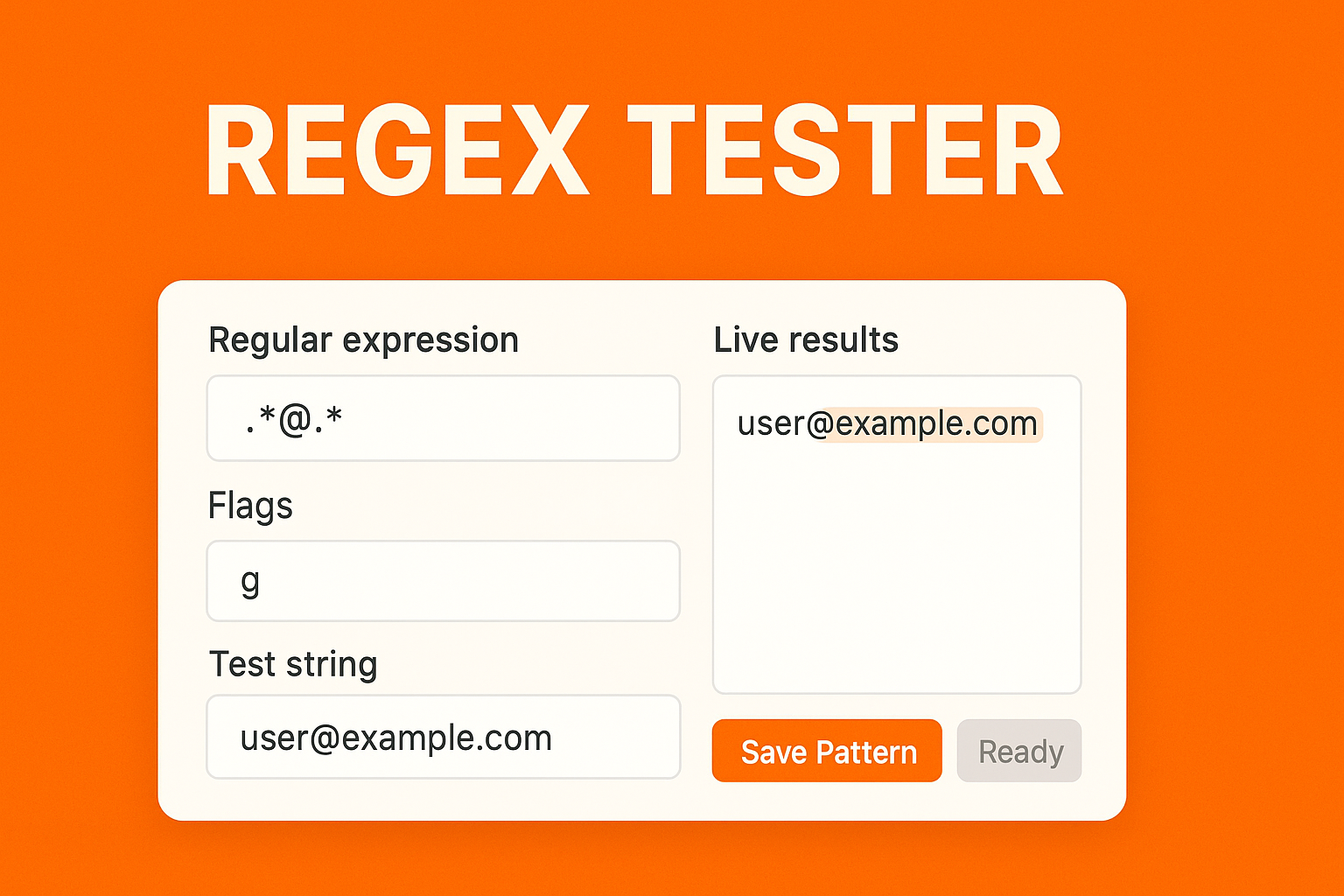








Leave a Reply